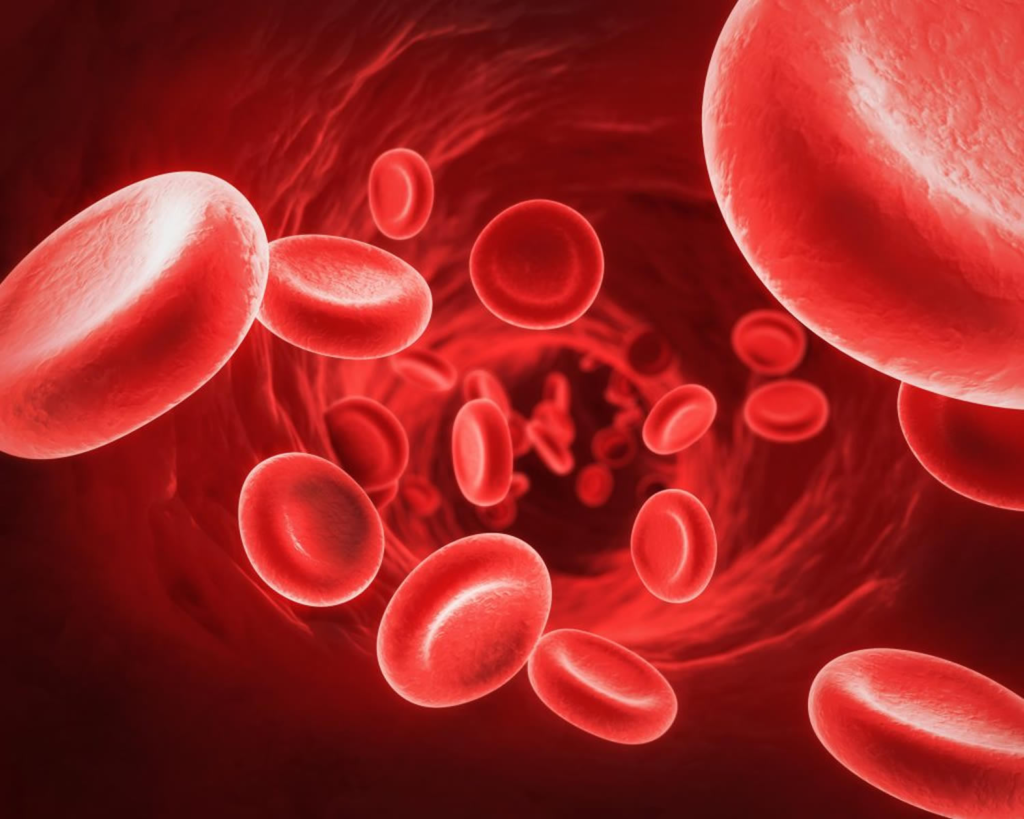Keeping track of your health is crucial for leading a fulfilling life. Regular check-ups can help you detect any underlying health issues and take necessary action. One such test that you might encounter is the MCHC blood test. If you’re not familiar with this test, you might be wondering what it is and how it can help you. In this article, we’ll explain everything you need to know about MCHC blood test, its uses, and how it can help you improve your health.
Table of Contents
What Is MCHC Blood Test?

MCHC stands for Mean Corpuscular Hemoglobin Concentration, which is a measure of the concentration of hemoglobin in your red blood cells. Hemoglobin is a protein in your blood that carries oxygen from your lungs to your body’s tissues. If your MCHC level is too high or too low, it could indicate an underlying health issue.
How Is MCHC Blood Test Conducted?
A blood sample is drawn from a vein in your arm for the MCHC blood test. The procedure is quick and relatively painless. The blood sample is then sent to a laboratory for analysis.
Why Is MCHC-Blood Test Conducted?
An MCHC blood test is conducted to check if there are any underlying health issues that may be causing anemia or other blood-related disorders. Abnormal levels of MCHC can indicate conditions such as iron deficiency anemia, sickle cell anemia, and thalassemia.
How Does MCHC Blood Test Help Improve Your Health?
MCHC test can help detect any underlying health issues that may be affecting your overall well-being. Early detection of such issues can help you take necessary action and prevent further complications. If you have anemia, your doctor may recommend iron supplements or other treatments to improve your condition.
Understanding MCHC Blood Test Results
When you get your MCHC test results, your doctor will explain what they mean. Generally, MCHC levels are measured in g/dL (grams per deciliter). The normal range for MCHC levels is between 32 and 36 g/dL for adults. If your MCHC levels are lower than the normal range, it could indicate iron deficiency anemia. If they are higher than the normal range, it could indicate a blood disorder such as sickle cell anemia.
MCHC Blood Test and Iron Deficiency Anemia

Iron deficiency anemia is a common condition that occurs when your body doesn’t have enough iron to produce hemoglobin. If your MCHC levels are lower than the normal range, it could indicate iron deficiency anemia. Iron supplements or dietary changes may be recommended to improve your condition.
MCHC-Blood Test and Sickle Cell Anemia
Sickle cell anemia is a genetic condition that affects the shape of your red blood cells. If your MCHC levels are higher than the normal range, it could indicate sickle cell anemia. Treatment for sickle cell anemia may involve blood transfusions, medications, and other therapies to manage symptoms.
MCHC-Blood Test and Thalassemia
Thalassemia is an inherited blood disorder that affects the production of hemoglobin. If your MCHC levels are lower than the normal range and you have other symptoms such as fatigue, weakness, and shortness of breath, it could indicate thalassemia. Treatment for thalassemia may involve blood transfusions and other therapies to manage symptoms.
When to Get an MCHC Blood Test
Your doctor may recommend an MCHC-blood-test if you’re experiencing symptoms such as fatigue, weakness, and shortness of breath. The test may also be recommended if you have a family history of blood disorders or anemia. Additionally, if you’re pregnant or planning to become pregnant, your doctor may recommend an MCHC test as a part of your routine prenatal care.
MCHC Blood Test and Overall Health

MCHC blood test is a simple and effective way to check for any underlying health issues that may be affecting your overall well-being. If you have abnormal MCHC levels, your doctor may recommend further testing to determine the underlying cause of the issue. With early detection and appropriate treatment, you can take control of your health and prevent further complications.
Maintaining a healthy lifestyle is also essential for maintaining optimal MCHC levels. Eating a well-balanced diet that includes iron-rich foods such as leafy greens, red meat, and beans can help prevent iron deficiency anemia. Regular exercise and stress management techniques such as meditation and yoga can also help improve your overall well-being.
Conclusion
MCHC blood is a valuable tool in detecting and managing blood-related disorders such as anemia, sickle cell anemia, and thalassemia. Regular check-ups, along with a healthy lifestyle, can help you maintain optimal MCHC levels and prevent further complications. If you’re experiencing any symptoms related to anemia or have a family history of blood disorders, talk to your doctor about getting an MCHC blood test. By taking control of your health, you can lead a fulfilling and healthy life. Learn about Don’t miss out on the crucial insights an 8 week ultrasound can provide – schedule your appointment today
